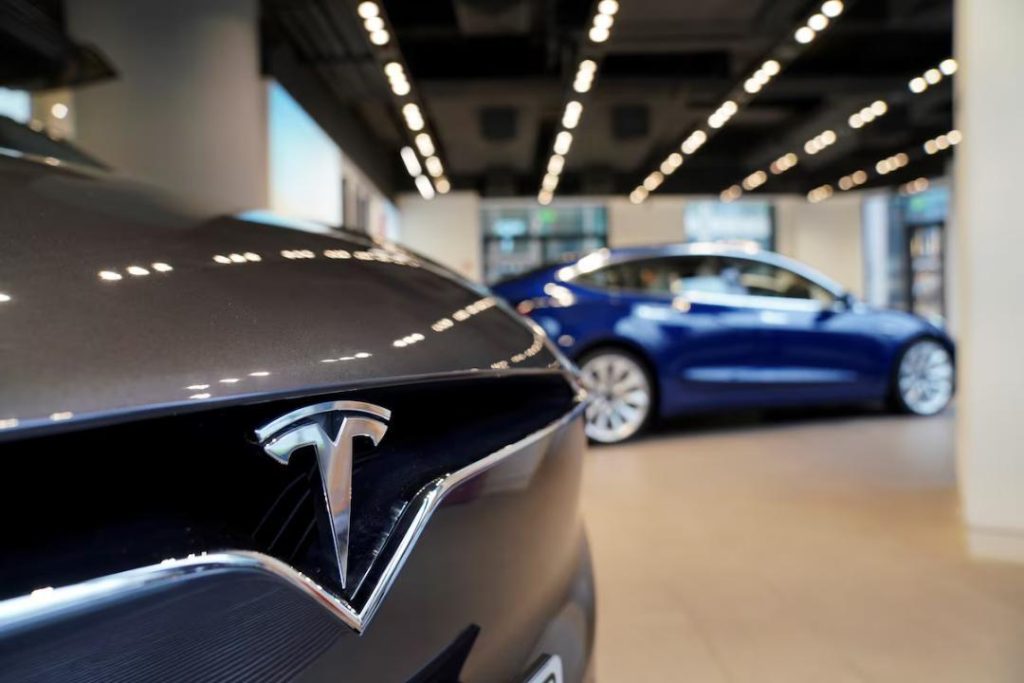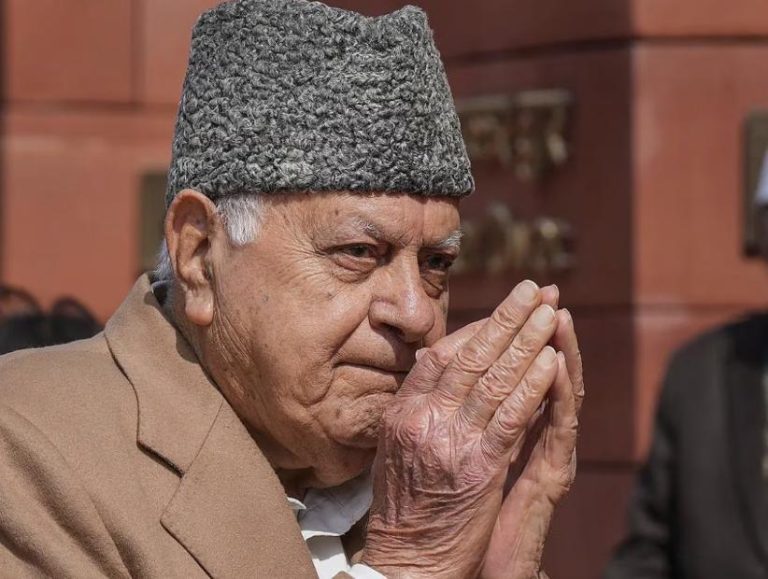
Tesla Stops Taking Orders in China for US Imported Cars Amid Tariff War
In a move that is likely to impact its sales in the world’s largest electric vehicle market, Elon Musk-led Tesla has reportedly stopped taking orders in China for its Model S sedan and Model X sports utility vehicle, which are imported from the US. This decision comes in the wake of China imposing 125% tariffs on the US in retaliation to its tariffs, a move that has resulted in a trade war between the two countries.
According to reports, the two models, which are imported from the US, make up only a fraction of Tesla’s sales in China. Last year, the company sold around 1,800 Model S and Model X vehicles in the country, which is a mere 1.5% of its total sales in China. The company’s other models, such as the Model 3 and Model Y, are manufactured in China and are not affected by the tariffs.
The decision to stop taking orders for the imported models is a strategic move by Tesla to avoid the tariffs, which are currently at 25% and will increase to 37.5% in the coming months. The tariffs were imposed by China in response to the US imposing tariffs on $200 billion worth of Chinese goods, including electric vehicles and auto parts.
Tesla’s decision to stop taking orders for the imported models is likely to have a limited impact on the company’s overall sales in China. The company has been expanding its presence in the country and has been investing heavily in its manufacturing capabilities. In 2020, Tesla opened its Gigafactory 3 in Shanghai, which is one of the largest electric vehicle manufacturing facilities in the world.
The factory, which has a production capacity of 500,000 vehicles per year, has been instrumental in helping Tesla increase its sales in China. In the first quarter of 2020, Tesla sold over 18,000 vehicles in China, which was a significant increase from the previous year. The company’s total sales in China reached over 80,000 vehicles in 2020, making it one of the largest electric vehicle markets in the world.
Despite the challenges posed by the tariffs, Tesla remains committed to the Chinese market. The company has been working closely with the Chinese government to resolve the trade tensions and has also been investing in its manufacturing capabilities to increase its production capacity.
In a statement, Tesla said that it is “working closely with the Chinese government to resolve the trade tensions and ensure a smooth transition for our customers.” The company also said that it is “committed to the Chinese market and will continue to invest in our manufacturing capabilities to meet the growing demand for electric vehicles.”
The company’s decision to stop taking orders for the imported models has been welcomed by some analysts who see it as a strategic move to avoid the tariffs. “Tesla’s decision to stop taking orders for the imported models is a smart move,” said an analyst at a leading research firm. “The tariffs are likely to have a significant impact on the company’s profitability and by stopping the orders, Tesla is able to avoid the tariffs and protect its margins.”
However, others have expressed concerns about the impact of the tariffs on Tesla’s sales in China. “The tariffs are likely to have a significant impact on Tesla’s sales in China,” said another analyst. “The company’s imported models are popular in China and by stopping the orders, Tesla is likely to lose sales to its competitors.”
In conclusion, Tesla’s decision to stop taking orders for its imported models in China is a strategic move to avoid the tariffs imposed by China in response to the US tariffs. The decision is likely to have a limited impact on the company’s overall sales in China, but it may impact its sales of the imported models. The company remains committed to the Chinese market and is working closely with the Chinese government to resolve the trade tensions and increase its production capacity.




